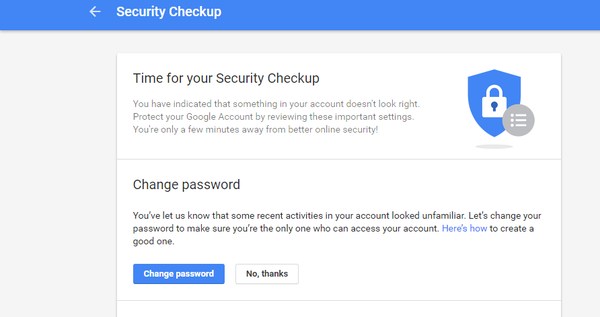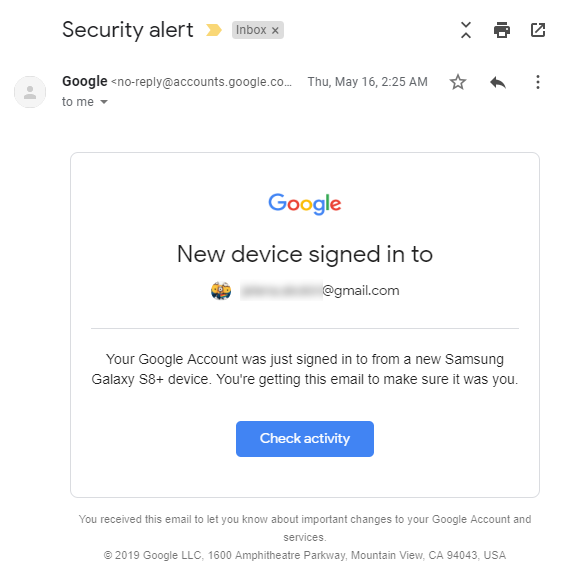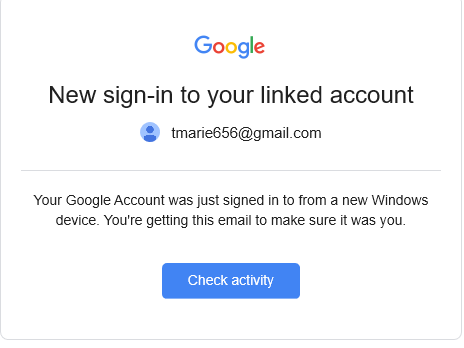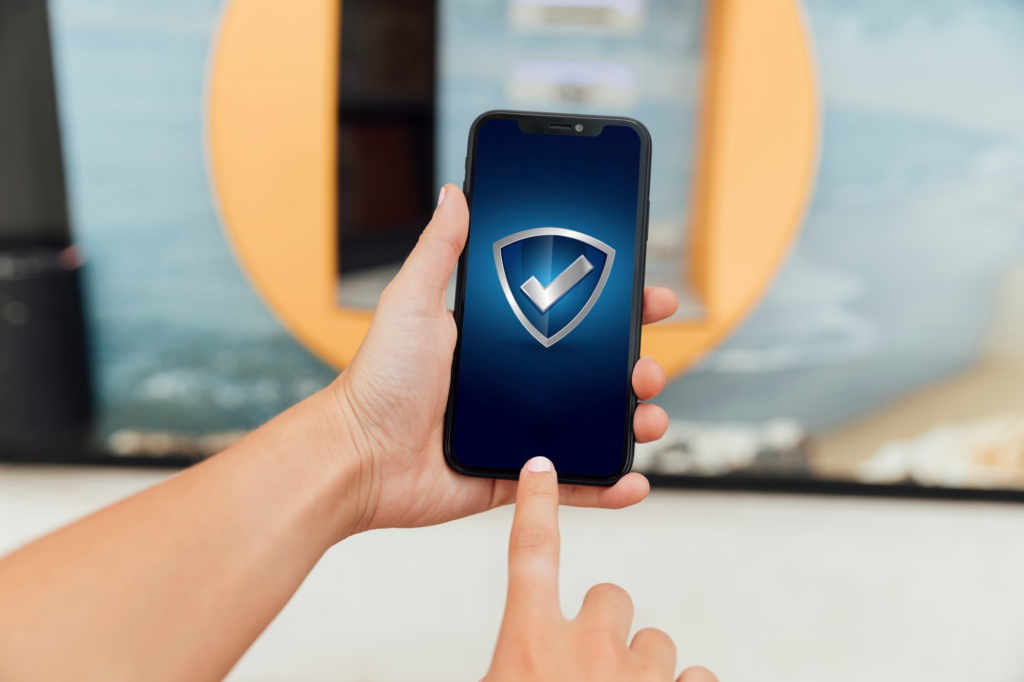Google account hacked: As we all know, with the increasing reliance on technology, it’s crucial to ensure your personal information is safe from potential hackers. And, of course, your Google account is one of the most common targets for hackers. It contains sensitive information, including your email, contacts, and location. But how can you tell if your Google account has been hacked? It is easier than you think; rely on these steps that you can take to identify issues and secure your account. Please don’t wait until it’s too late to learn how to protect yourself and your sensitive data.
Signs that your Google account has been hacked
If you suspect that your Google account has been hacked, there are several signs that you should look out for. One of the most obvious signs is if you notice that your account has been accessed from an unfamiliar location or IP address. If this scenario has happened to you before, an informational email must have been sent to notify you of this action. Another sign is if you start receiving emails or notifications that you didn’t sign up for or if you notice that emails have been sent from your account that you didn’t send. This is a warning sign from Google to inform you that someone is trying to get a hold of (or already has) your account. Additionally, if you see any changes to your account settings or notice that your contacts have been deleted, this could be a sign of a hack.
It’s important to note that some hacks are more subtle and may need to be more apparent. For example, if your email is being marked as read even though you haven’t opened it or see that your email signature has changed, this could also be a sign of a hack.


Common ways that hackers gain access to Google accounts
There are many ways that hackers can gain access to your Google account. One of the most common methods is phishing scams, where hackers trick you into giving them your login credentials, which can happen through emails, text messages, or even phone calls. The messages may appear to be from Google or another trusted source, but they are designed to steal your information.
Another way that hackers can gain access to your account is through weak passwords or security questions. If you’re using a simple password, such as “password123” or “123456”, it’s easy for hackers to guess or brute force their way into your account. Similarly, if you’re using security questions that are easy to guess, such as your mother’s maiden or pet’s name, this could also make it easier for hackers to gain access.
Finally, if you’re using unsecured or public Wi-Fi networks, this could also put your account at risk. Hackers can intercept your internet traffic and potentially steal your login credentials or other sensitive information.
Steps to take if you suspect your Google account has been hacked
If you suspect that your Google account has been hacked, there are several steps that you should take immediately. The first step is to change your password immediately. Ensure you use a strong password, including upper and lowercase letters, numbers, and symbols. Avoid using the same password for multiple accounts, and consider using a password manager to generate and store strong passwords. (Check your password health here) You should also enable multi-factor authentication, which adds an extra layer of security to your account. This can help to prevent hackers from gaining access to your account even if they have obtained your login credentials.
The next step is to review your account activity and settings regularly. Check to see if there have been any unauthorized logins or changes to your account settings. If you notice any suspicious activity, log out of all devices and revoke access to third-party apps you don’t recognize. Another important step is to keep your software and devices up to date. This includes your web browser, operating system, and any other software you use to access your Google account. Updates often contain security patches and bug fixes that can help to prevent hacks.


Scan your computer and other devices for malware or viruses because it can help prevent any further damage to your account or additional sensitive information. It would help if you also were cautious when clicking on links or downloading attachments from unknown sources, attempting to target users through phishing attacks. These links often contain malware or other viruses that compromise your account security. Therefore, if an email or message seems suspicious, don’t click on any links or enter any sensitive information. Instead, contact the company directly to verify the authenticity of the message.
Finally, be cautious when using public Wi-Fi networks or accessing your account from unfamiliar locations. Avoid entering sensitive information or logging into your account when using unsecured networks, and always log out of your account when you’re finished using it. If you constantly find difficulties in ensuring your account’s safety, feel free to reach out to the Google Support centre and describe your concern.



